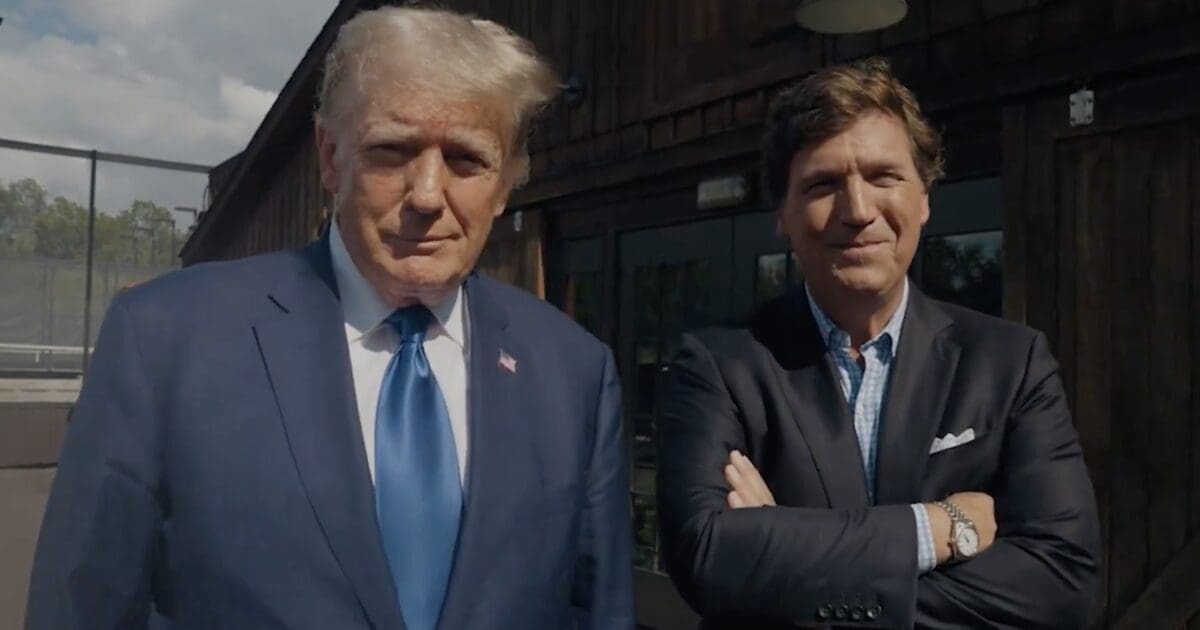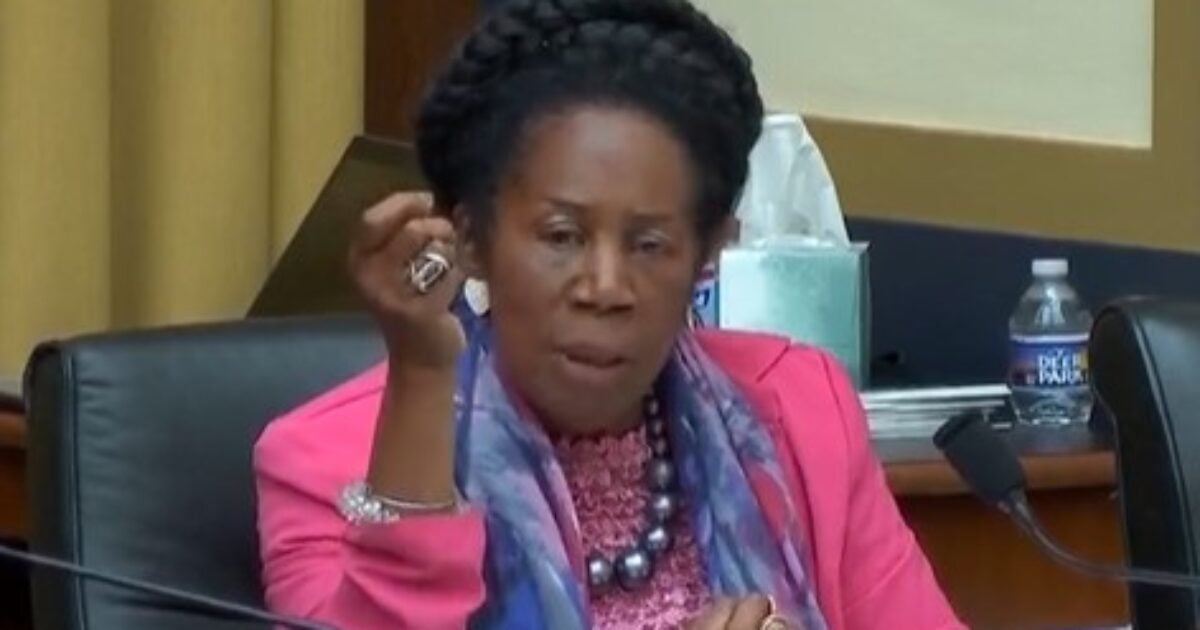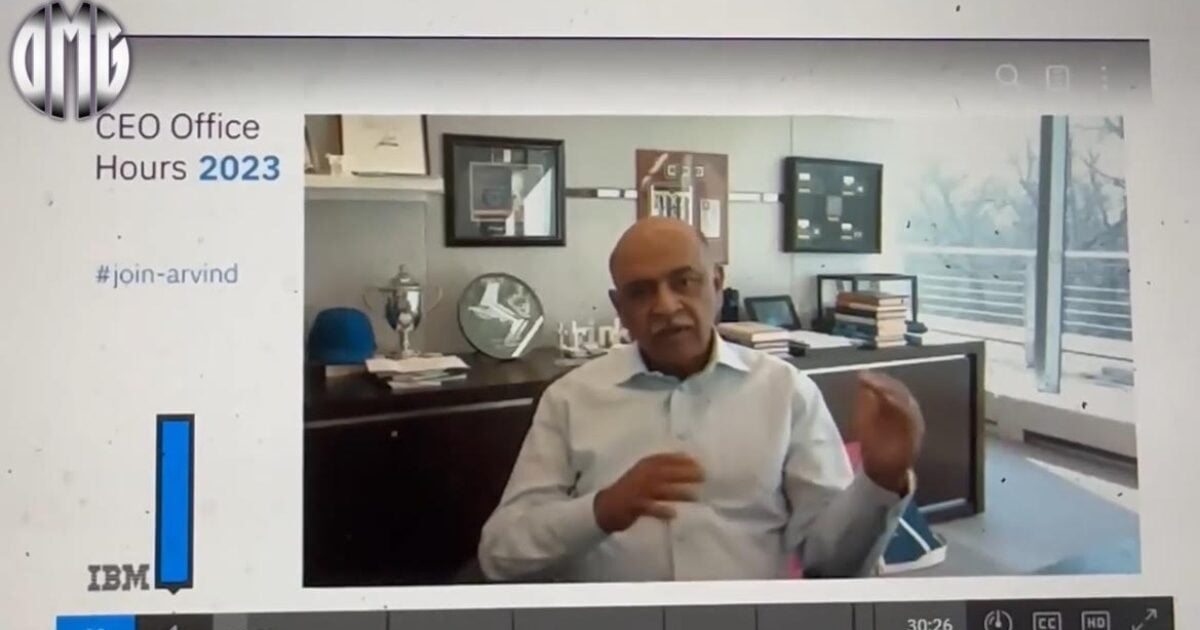
The transgender American Civil Liberties Union lawyer who is arguing before the Supreme Court in favor of providing sex change hormones and surgeries to minors claimed during a wild CNN appearance on Wednesday that two-year-old toddlers know when they are “transgender.”
Chase Strangio, a biological woman who identifies as a man, is representing the ACLU in the case against Tennessee’s SB1 — a law banning giving puberty blockers, surgeries, or cross-sex hormones to minors.
Strangio and the ACLU claim the law violates the 14th Amendment’s Equal Protection Clause.
In an interview with Jake Tapper, Strangio claimed the case is a “critical inflection point for transgender people across the country” and that “this is a law that bans medical treatment only when it is prescribed inconsistent with an individual’s sex.”
“What do you say to physicians who are sensitive and supportive of trans kids, obviously don’t want suicidal ideation, etc., but wonder if there is enough data as of now to prove that it is beneficial to allow these sort of treatments before the age of 18?” Tapper asked.
“So I would say three things. And the first is we have decades of both clinical experience and research data showing that this is medical treatment that provides critical benefits to adolescents who need it. And so this is not new, this is not new medication,” Strangio replied.
ACLU lawyer Chase Strangio: 2-year-olds know if they’re trans, so castrating them young must be allowed pic.twitter.com/NYEv7pQzdd
— End Wokeness (@EndWokeness) December 4, 2024
The lawyer continued, “And then the second thing I would say is nobody has to provide this medication to adolescents. These are not doctors being forced to provide this medication. These are doctors who are wanting to treat their patients in the best way that they know how, based on the best available evidence to us. And these are young people who may have known since they were two years old exactly who they are, who suffered for six, seven years before they had any relief.”
“And what’s happening here? It’s not the kids who are consenting to this treatment. It’s the parents who are consenting to the treatment,” she said. “And as a parent, I would say we — when our children are suffering, we are suffering.”















